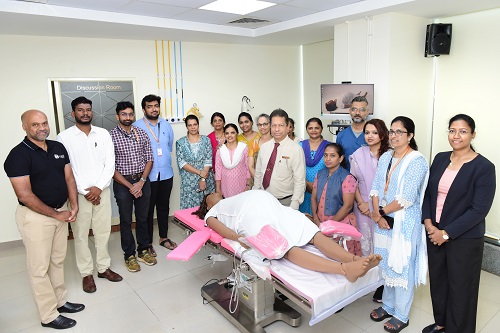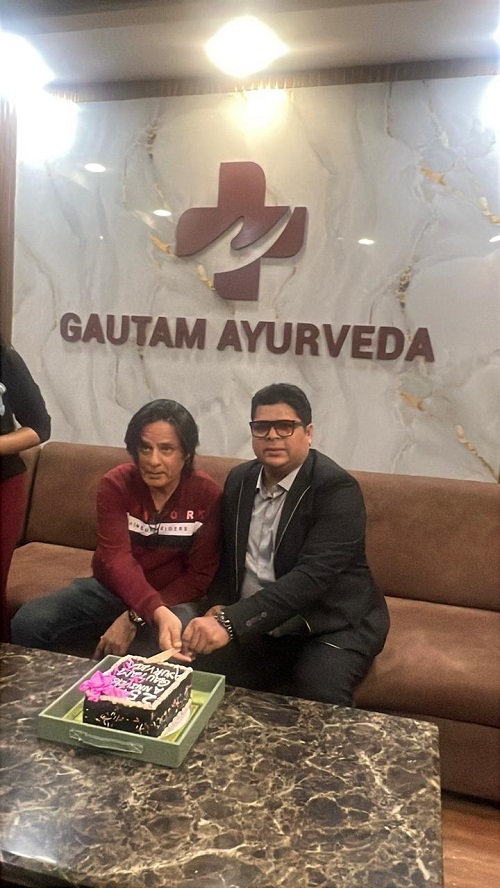The rules of the Citizenship Amendment Act 2019 (CAA) will be notified before the Lok Sabha elections scheduled in April-May, a senior Home Ministry official said recently. The official also said once the CAA rules are issued, the law can be implemented and those eligible can be granted Indian citizenship. The CAA amends the Citizenship Act, 1955 to facilitate Indian citizenship for non-Muslim migrants from Afghanistan, Bangladesh, and Pakistan.
The Act makes religion a factor and seeks to fast-track citizenship to migrants – Hindus, Sikhs, Jains, Buddhists, Parsis, and Christians – who came to India before December 31, 2014. It was passed in parliament in December 2019 and later received the President’s sign-off. The CAA notably excludes Muslim migrants from following the same citizenship path. It also says refugees will be given Indian citizenship if they have lived in India for five years, instead of the 11 years stipulated earlier.
The CAA’s implementation has been delayed for more than four years. The Home Ministry has been taking extensions since 2020 at regular intervals from the parliamentary committees for framing the rules. The rules for any legislation need to be framed within six months of presidential assent. If not, then an extension has to be sought.
The proposed law provoked massive protests in Delhi. Hundreds of men, women, and children staged a sit-in for months at Shaheen Bagh, which became emblematic of the campaign against the new citizenship law. There were agitations in Bengal and Assam too against the CAA. More than 200 petitions challenging the Act have been filed before the Supreme Court since December 2019.
Sanjay Hegde, Senior Advocate, Supreme Court says: “The government legislates first but implements much later. The amendments were made in 2019, but rules for implementation have still not been made. The challenge against CAA is pending before the Supreme Court but there is no stay on its implementation.”
Why the protests?
People in Assam protested against the CAA’s implementation, as they feared it would cause a rush of immigrants into the state and result in demographic, cultural, and linguistic changes. The CAA doesn’t apply to the tribal areas of other northeastern states (these are protected under the Sixth Schedule of the Constitution) and the area covered under ‘The Inner line’ notified under the Bengal Eastern Frontier Regulation, 1873.
In places like Delhi and Bengal, the protests were against the exclusion of Muslims.
Opposition parties and other critics have termed the Act as discriminatory and against the basic ethos of the Constitution as it excludes Muslims, the largest minority community in India. Any law made on the basis of religion is unconstitutional, the opposition asserts. Amid reports that the CAA rules will be enforced just before the elections, the opposition is accusing the BJP government of using the CAA to polarise voters.
“The fact that the implementation is being promised nearer to the general election shows the government’s intentions to activate its core constituencies by polarising the issue again. It would have been wiser to let the next elected government take a final call in a few months’ time. But wisdom and political campaigns seldom go together,” says Sanjay Hegde.
The Government’s stand
The Narendra Modi government has denied that the CAA is discriminatory. The citizenship law was part of the BJP’s manifesto in the 2014 and 2019 Lok Sabha elections. It has also been a big theme during the party’s campaign for the West Bengal election. The BJP’s think tank feels CAA is among the reasons for the rise of the party in West Bengal. In the 2019 Lok Sabha elections, the BJP scooped 18 of Bengal’s 42 seats and a 40.2 per cent vote share, upsetting Mamata Banerjee’s Trinamool Congress. In the 2021 Bengal election, the BJP won 77 seats in the 294-member assembly, registering a remarkable growth since 2011, when it had failed to open its account. Even in December, Home Minister Amit Shah, while addressing a BJP meeting in Kolkata, reiterated the party’s commitment to the CAA, much to the chagrin of Bengal Chief Minister Mamata Banerjee, who has opposed the Act.
Ashwini Kumar Upadhyay, Supreme Court advocate and the lone petitioner in support of the CAA says, “A large section of the Bengali Hindu community fled East Pakistan and migrated to West Bengal in 1960s to save themselves from religious persecution. No one bothered about them. Now, when the BJP government paved the way for realising the dream of citizenship to the Bengali Hindus and other persecuted communities, everyone including the TMC (Trinamool) is opposing it. Similarly, the people of Assam realise the conspiracy of changing their state’s demography through illegal Muslim infiltration.”
A look at the Home Ministry’s annual report for 2021-22 reveals that 1,414 foreigners belonging to minority communities from Pakistan, Bangladesh, and Afghanistan were granted Indian citizenship by registration or naturalisation under the Citizenship Act, 1955.
The district magistrates of 29 districts and Home Secretaries of nine states, Gujarat, Rajasthan, Chhattisgarh, Haryana, Punjab, Madhya Pradesh, Uttar Pradesh, Delhi, and Maharashtra, have been authorised to grant citizenship to foreigners belonging to the six communities from Pakistan, Bangladesh, and Afghanistan. Interestingly, officials from Assam and Bengal, where CAA is a burning political issue, are yet to be granted similar authority.
There is a concern that a blend of CAA with the proposed All India National Register of Citizens (NRC) has the potential to rob many Muslims staying in India of full citizenship. To counter this claim, Mr Upadhyay says, “The propaganda that CAA compromises with the secular character of the Constitution and is anti-Muslim needs to be clarified to expose the hypocrisy and double standards of political parties. The Act has nothing to do with Indian Muslims and they need not be worried. It is not meant to take away anyone’s citizenship but to confer citizenship.”
The government needs to address these concerns through talks and mass dissemination of correct information on the CAA, lest it blows up in the run-up to the national polls.
(Bharti Mishra Nath is a senior journalist)
Disclaimer: These are the personal opinions of the author.














